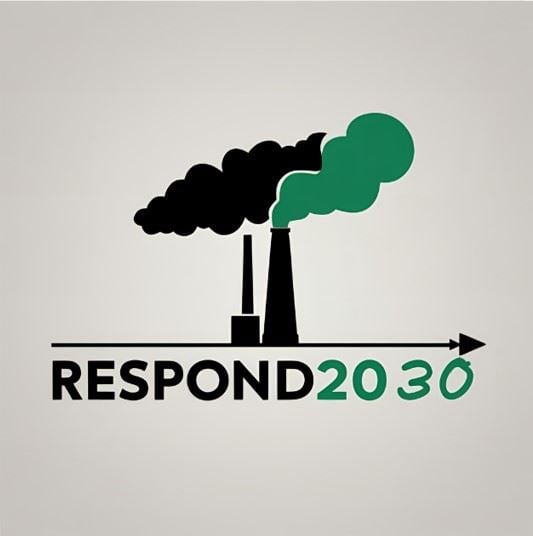RESPOND2030 explores the interplay between decarbonization in energy-intensive process industries (EPIs) and energy systems change. EPIs, such as metals, fertilizers, or cement, are key to value creation, but account for large emissions that need to be drastically reduced, or eliminated, to meet climate targets. Decarbonization solutions exist but are challenging to achieve without major changes to current EPI processes as well as changes in other sectors, such as the expansion of renewable electricity (RE) generation and distribution capacity, development of CO2 infrastructure, and development of production capacity for biobased or hydrogen material inputs. All these solutions have energy system implications. EPI decarbonization is thus tightly tied to the energy transition.
RESPOND2030 brings together governance, industry and research actors to jointly develop knowledge on the conditions, and paths forward for EPI decarbonization and associated energy system change, with a focus on the Nordland region – a large and important EPI and electricity producing region.
A regional focus is important given different industry and energy system conditions for decarbonization. We bring together quantitative modelling of conditions and impacts on the regional economy and environment, and social science research on sustainability transitions to qualitatively understand actor, sector, policy and framework conditions. RESPOND2030 thereby provides a holistic understanding of drivers and barriers for EPI decarbonization, and how this may impact society, economy and nature towards 2030, and beyond.
RESPOND2030 supports stakeholders in developing and implementing plans for decarbonization. The project contributes to policy and academic debates and provides insights on how to work with EPI decarbonization, also of use for other regions.
Top image: Mo Industripark








